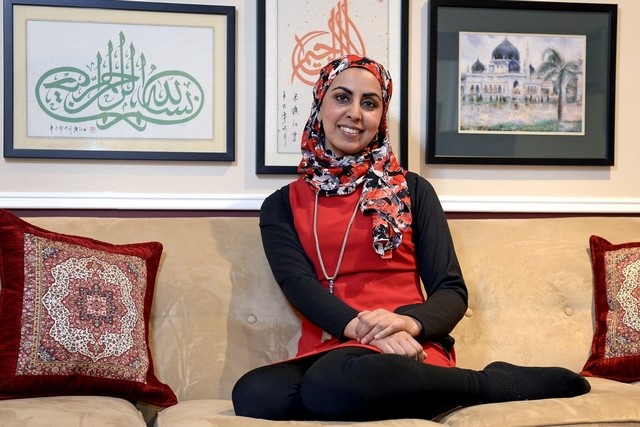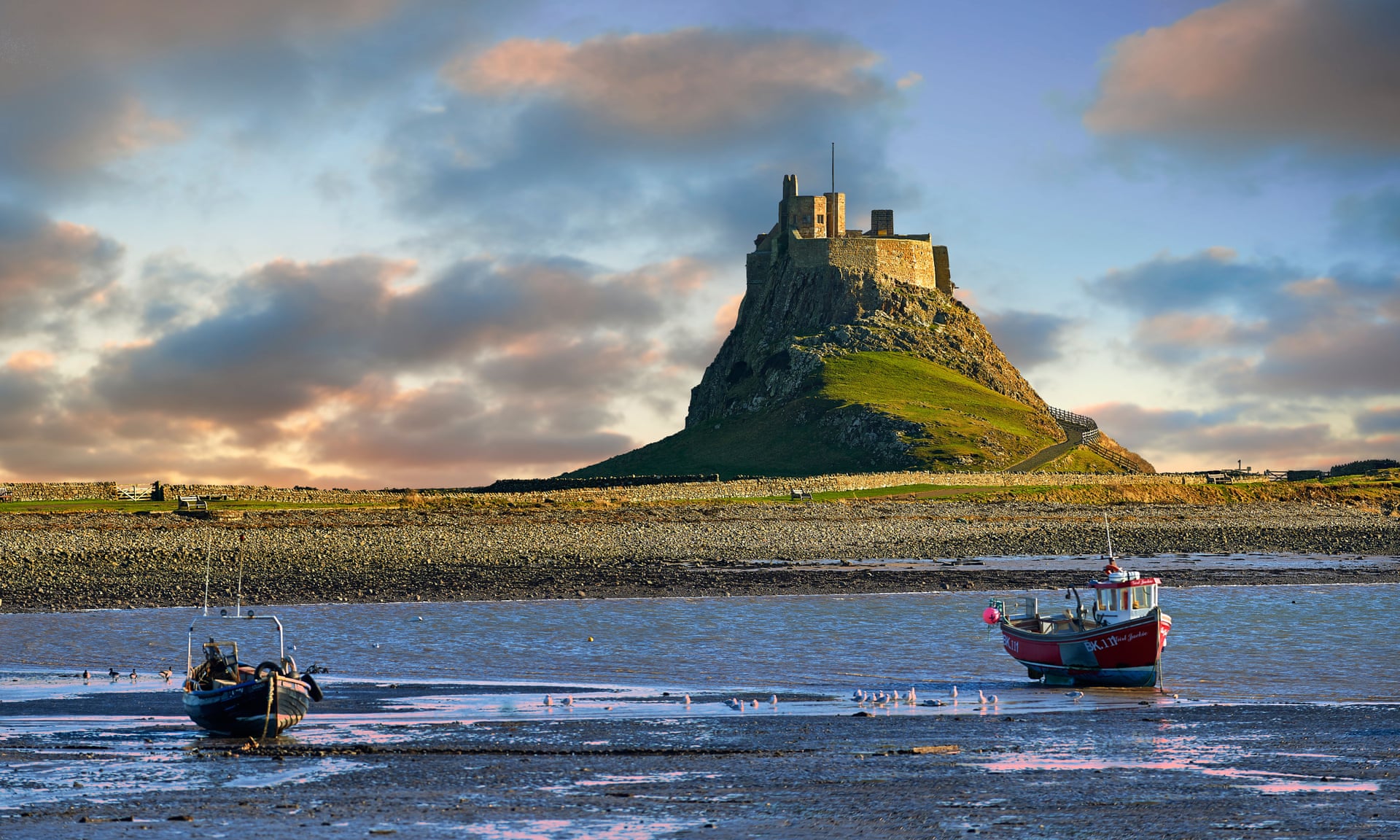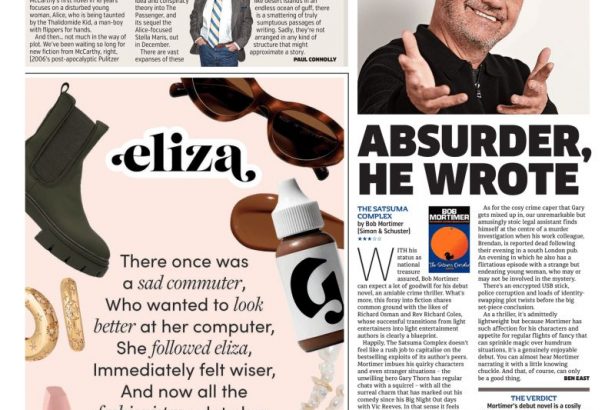It’s January 2007, and Zarqa Nawaz’s new sitcom Little Mosque on the Prairie, set around a Muslim community in North America, has just become a huge hit in Canada. But there’s a problem. At Friday prayers in Regina, Saskatchewan, her husband, Sami, is surrounded by men imploring him to divorce his wife – for making fun of Islam.
“Someone came up to him literally weeping,” she remembers now, six series and 89 episodes later. “And you know what happened the other day? I picked my mother up from the doctor’s and the first thing she said to me was: ‘He demands to know why you’re not doing any more of Little Mosque…’ And he was one of the people who had said I had insulted Islam! I get this all the time.”
Nawaz bursts into fits of endearing laughter.
“Ah well. With time comes perspective, I guess. Although I still want to slap these people in the face.”
She’s joking, of course. But the story of her community’s reaction to Little Mosque on the Prairie is one of the standout moments in her new memoir,Laughing All the Way to the Mosque. A hugely entertaining look at life as a Muslim in Canada – she was born in England to Pakistani parents in 1968 but moved to Ontario when she was 5 – it takes on everything from arranged marriage to the Haj, sexism to 9/11 and juggling her burgeoning career as a journalist and then filmmaker with being a young mother of four. Big issues, but dealt with in a brilliantly wry tone.
“I actually tried writing a serious, intellectual book of essays about me and Islam,” she admits. “And the publisher … well, the publisher told me it was terrible. How heartbreaking is that? So yes, I returned to writing comedy and ended up making my life a bit like a sitcom. It’s what I know best.”
Still, post Charlie Hebdo, the intersection between Islam and comedy can be fraught with difficulty. Though in this current climate, reading Laughing All the Way to the Mosque does feel like a relief. What Nawaz shows in this book – and in Little Mosque on the Prairie – is that Muslims can laugh at themselves. She can do this, she thinks, because people generally know she is a practising Muslim who isn’t out to insult Islam or denigrate the faith.
“To be honest a lot of my material is found in cultural traditions, which for me have become mixed up with Islam,” she says.
“The obsession with women not cutting their hair or travelling alone, for example … there’s nothing about that in the Quran. At Haj, you’re celebrating a poor woman abandoned in the middle of nowhere who believed she could survive on faith alone. So what does that say about the resilience of women and the resilience of faith?”
And though everything Nawaz undertakes is shot through with a sense of fun, the role of women in Islam does tend to get her hackles up.
Baffled by her increasingly conservative mosque segregating men and women in the prayer hall for no specific religious reason (the chapter in the book is called, brilliantly, “Behind the Shower Curtain”), she set about investigating how this change had come about in Me and the Mosque, a generally joke-free documentary.
In the film, her own brother cautions against the project, worrying that it might cause offence. She still made it. “I just wanted to explain that a great deal of damage was being done to women, and faith, for me, is supposed to be expansive, flexible and able to adapt with the times.”
But sadly, even though that’s also the view of Islam shared by millions of others too, it’s not the image portrayed in 2015. And that frustrates her hugely.
“I’ve been watching all the anti-Islam demonstrations taking place in Germany, and you just want to be able to tell people who are willing to listen that there’s no need for all this fear and worry,” she says. “Too often, though, Muslims mistake harshness for piety, when in fact if you look at Islam properly it’s about freedom, joy and fun. It’s about seeing the world in a more engaging light.”
Which, for all the weighty issues Nawaz discusses over our time together, is what really comes across in her work. Nawaz is liberal and she admits it’s easier to be so in Canada than in other parts of the world. Nawaz’s mother was “insanely worried” about her getting married and wouldn’t let her leave home until she was; in contrast, Nawaz’s eldest daughter is studying in France.
“And she mailed me the other day and told me: ‘I’m going to Jordan to study Arabic, and I don’t care what you think,’” she says with a laugh. “I was like: ‘OK, thanks.’
“So in a way, that’s what I want this book to do – to make people realise that Muslims are ordinary people who want and fear and experience exactly the same things as everyone else and laugh at the same things too. We all want security, peace, love, joy, hope … oh, and good spouses for our children, of course.”
On courage and comedy
Discrimination is often cited as an issue for Muslims wanting media careers in the West, but not so for Zarqa Nawaz.
“For me, Islam has been so empowering. It has engaged me in the wider world, it’s given me a voice and a place of comfort, joy and happiness. And it’s allowed me to thrive as an artist – in comedy of all things. The irony, right? I get people asking me all the time if being Muslim has held me back and actually it’s quite the opposite. Trying to succeed in television comedy writing is one of the hardest fields there is, and yet I feel being Muslim has helped tremendously.Little Mosque has finished, but there’s more work for me to do in that field. People would also say to me on Little Mosque: ‘Oh, you’re being so brave.’ But courage had nothing to do with it – all I was thinking was: ‘I hope this is funny.’ That’s all you can think if you want it to succeed. The courageous people are the satirists in countries threatened by [ISIL].”


